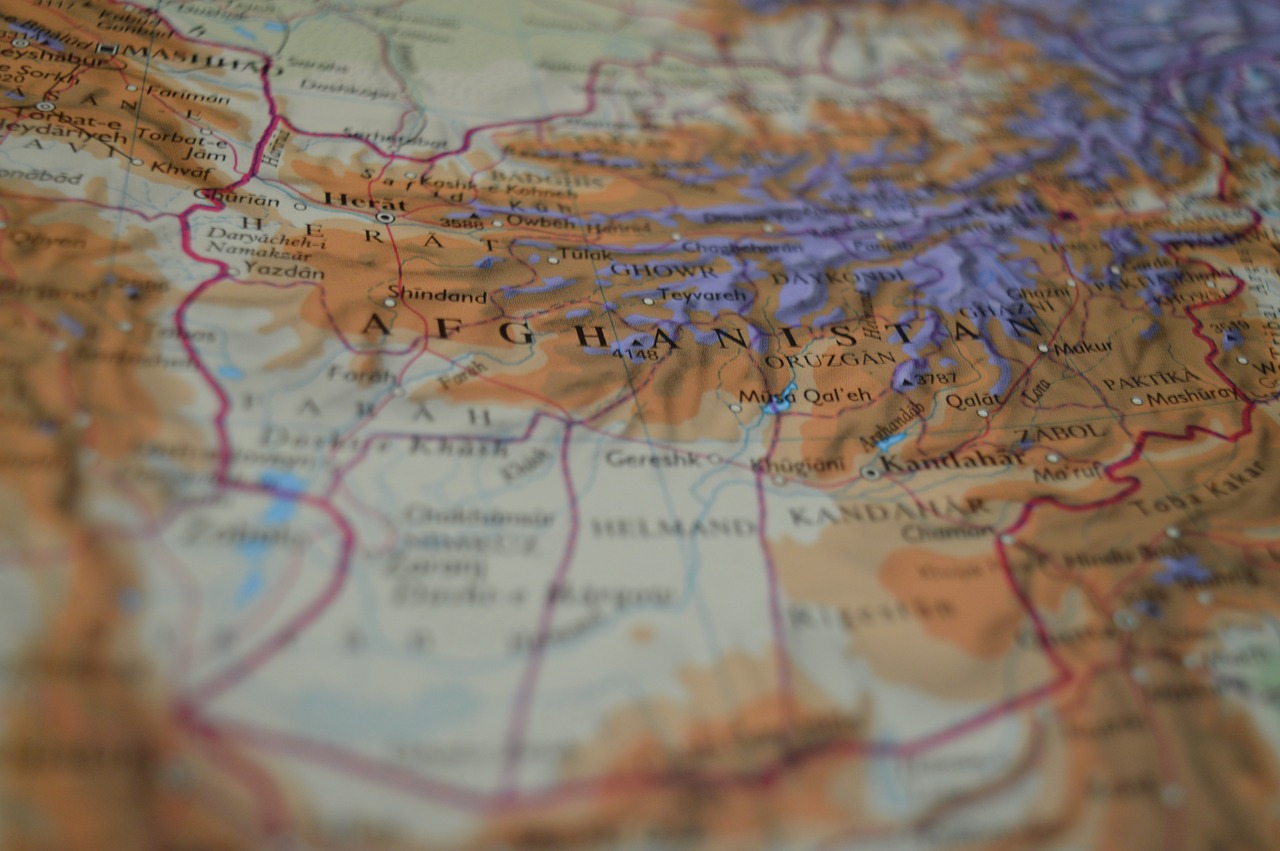In 2015, the United Nations celebrated its 70th anniversary with a global series of events around the theme “Strong UN, Better World.” Afghanistan, which has had a long and important relationship with the UN, was one of the participating countries in these celebrations under the headline “UN70: Strong UN, Strong Afghanistan.”
In addition to a month-long series of activities held all around the country by and with the UN family in Afghanistan, an important part of the UN70 celebrations was a high-profile showcase of some of the outstanding Afghan professionals who had worked with or been assisted by the UN in recent years. A major part of the UN’s work in Afghanistan involves empowering Afghans to assist their country and their fellow citizens, and to help build a strong, self-reliant Afghanistan. Read on for a look back at five of the professionals who were recognized for their work and achievements during UN70.
Mohammad Dad: Youth Leader for Returnees
Like many others of his generation, Mohammad Dad grew up in refugee camps outside Afghanistan, and only returned to his homeland about nine years ago. Inspired by both the challenges and triumphs his family experienced while trying to build a new life for themselves in a country they hadn’t lived in for many years, he determined to do what he could to support fellow returning refugees. In 2012, Dad founded the Chonghar-Morghgeeren Youth Association (CMYA) with the assistance of the United Nations High Commissioner for Refugees (UNHCR). Based in the Paghman district of Afghanistan and serving roughly 15 villages in the area, CMYA has provided support, resources, and encouragement to more than 1,200 returnees, offering services like education, health care, and vocational training to help individuals find employment.
Habib Noori: Cultural Heritage Director
Habib Noori brings his extensive experience working with the Aga Khan Trust for Culture in Kabul, Badakhshan, and Herat to his current role as director of the Afghanistan Cultural Heritage Consulting Organization (ACHCO). Founded by Noori himself in 2011, ACHCO is a non-governmental organization that works to preserve Afghanistan’s rich cultural heritage for future generations. This is a critical issue, given that many of Afghanistan’s historic and cultural sites and monuments have either been destroyed or damaged by conflict, or are falling into disrepair without adequate upkeep. Noori’s personal specialization is the restoration of historic monuments; most recently, he oversaw the restoration of Herat’s Shahzada Abdullah mausoleum, a magnificent monument dating from the 15th century. ACHCO does not receive direct support from the UN, but works with the UN Educational, Scientific, and Cultural Organization (UNESCO) on its heritage preservation projects.
Ghulam Nabi: Seed Production Company Director
A long-time resident of a village in eastern Afghanistan, Ghulam Nabi worked for many years as a teacher—a vocation he describes as a “sacred duty.” However, he observed that local farmers were in dire need of better seeds, which led him to consider what he could do to help. With technical and professional support from the United Nations Food and Agricultural Organization (FAO) and the Afghanistan Investment Support Agency (AISA), Nabi founded an agricultural business dedicated to improving seed quality and thus contributing to greater food security in Afghanistan. By working closely with farmers, Nabi is able to track seed performance and ensure that the best and strongest are identified and reproduced for future crops. So far, thanks to the work of Nabi and his company, yield has increased by more than 30%.
Mohammad Sediq Rashid: National De-Mining Director
Mohammad Sediq Rashid has been working to make Afghanistan a safer place through de-mining work for more than 25 years. Decades of war and conflict have left landmines and unexploded ammunition all around the country, making villages, cities, agricultural land, and roads unsafe to live in or use productively. De-mining is a vital activity not only to prevent loss of life, but also to allow for much-needed development projects, like more and better roads and new electricity plants. Having begun his career surveying minefields, identifying contaminated sites, and mapping and marking critical areas, Rashid has worked with the United Nations Mine Action Service (UNMAS) since 2000, and today heads the Mine Action Coordination Center of Afghanistan (MACCA). During the years that Rashid has been working in de-mining, it is estimated that about 80% of mine-contaminated areas have been cleared.
Nasrullah: Drug Rehabilitation Center Mentor
According to a survey conducted in 2009 by the Ministry of Public Health and the United Nations Office on Drugs and Crime (UNODC), nearly 10% of adult Afghans between the ages of 15 and 64 use drugs regularly. Nasrullah was once one of them: after becoming addicted to drugs as a teenager, he sought help through the residential drug treatment program at the Nejat Center, a facility in Kabul supported by UNODC. Upon his recovery, Nasrullah decided to use his own experiences to help others. Today, he works as a mentor and teacher in the Nejat Center’s vocational training program for drug users in recovery.

